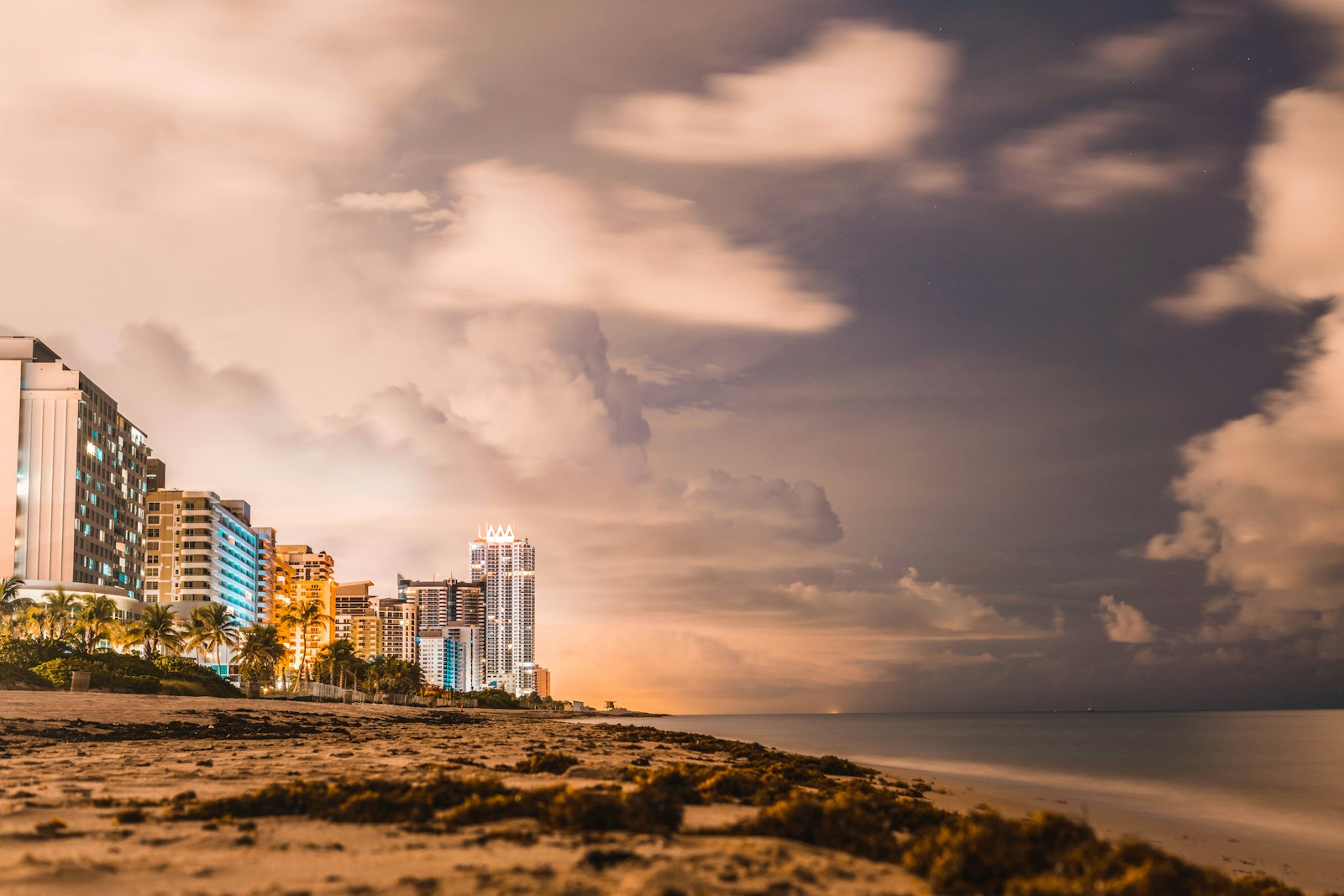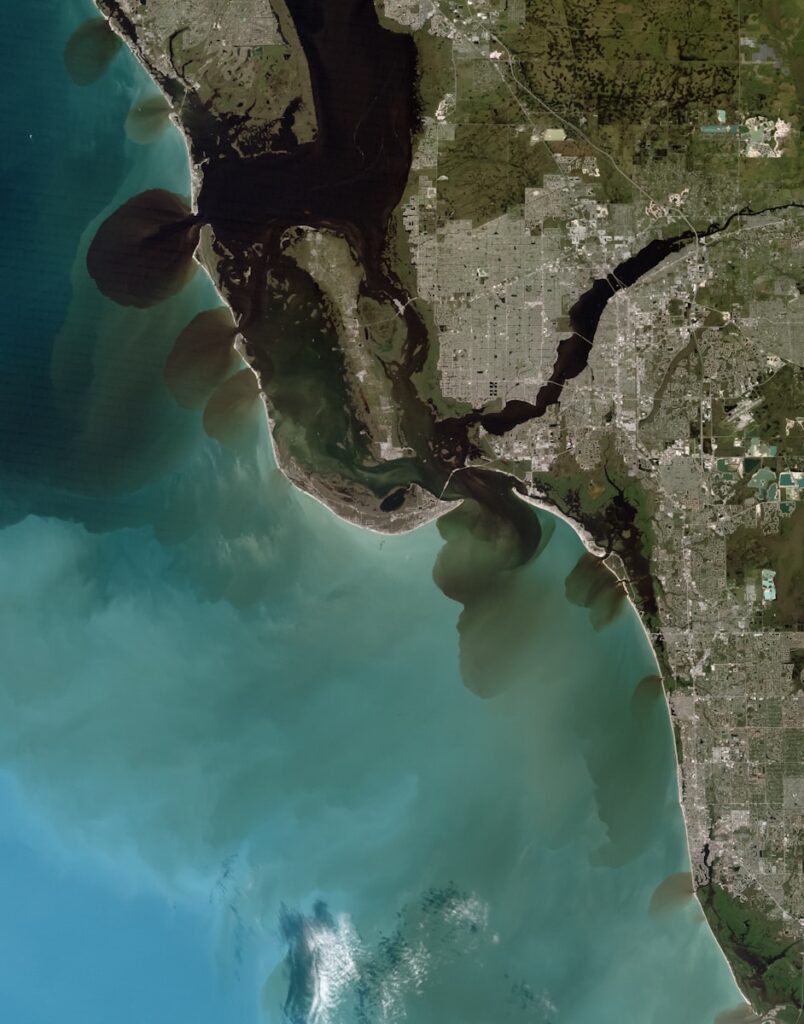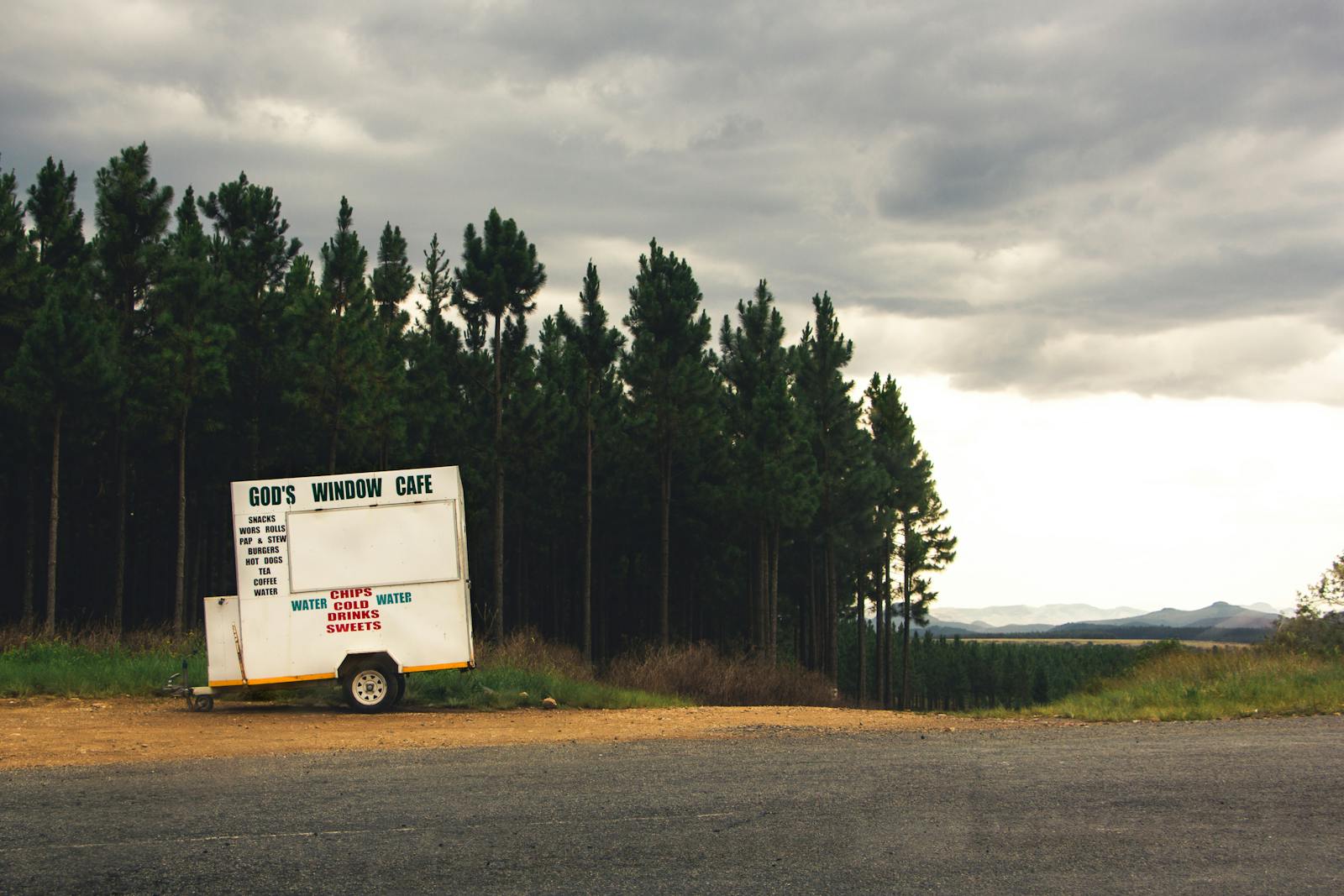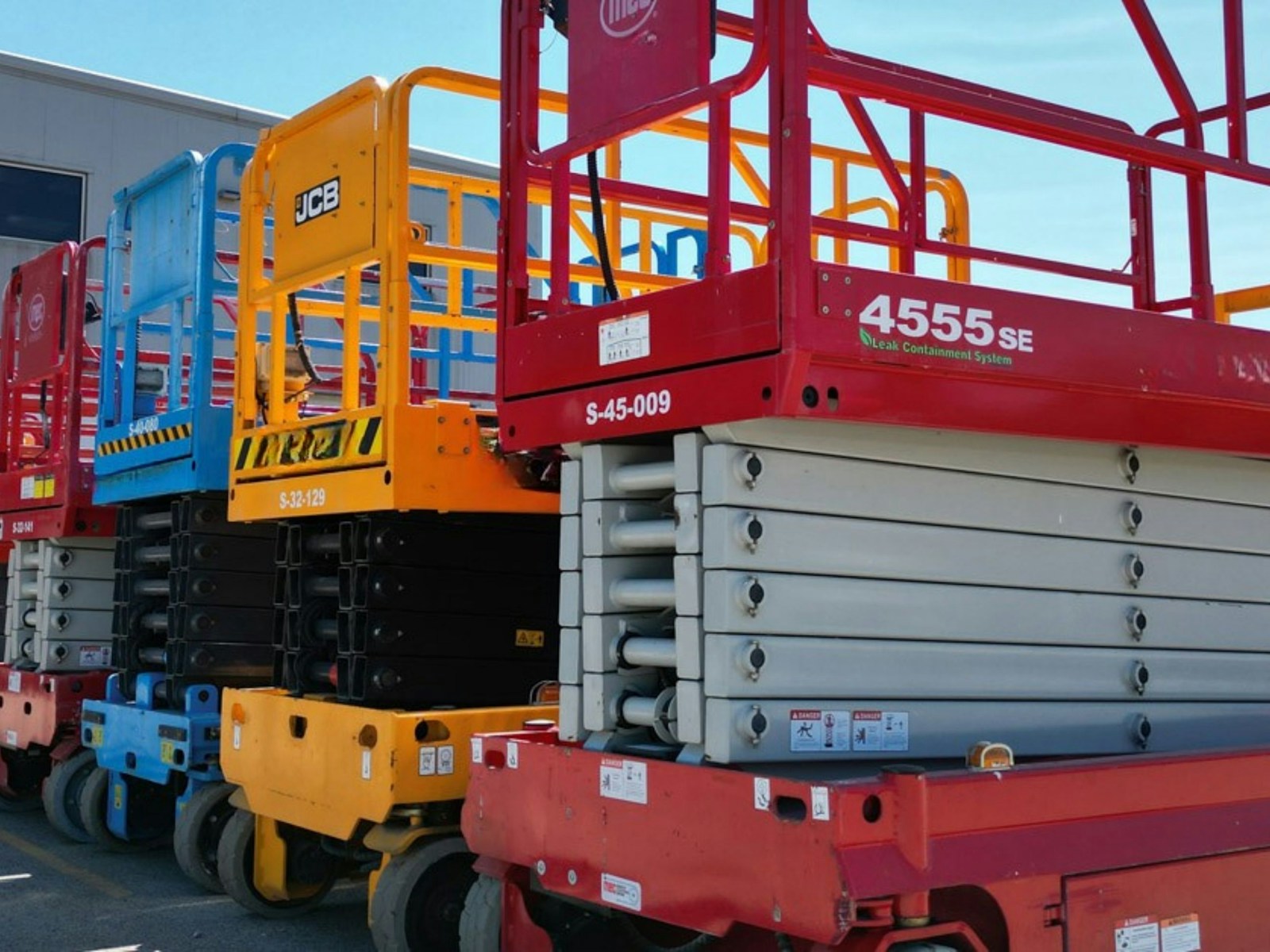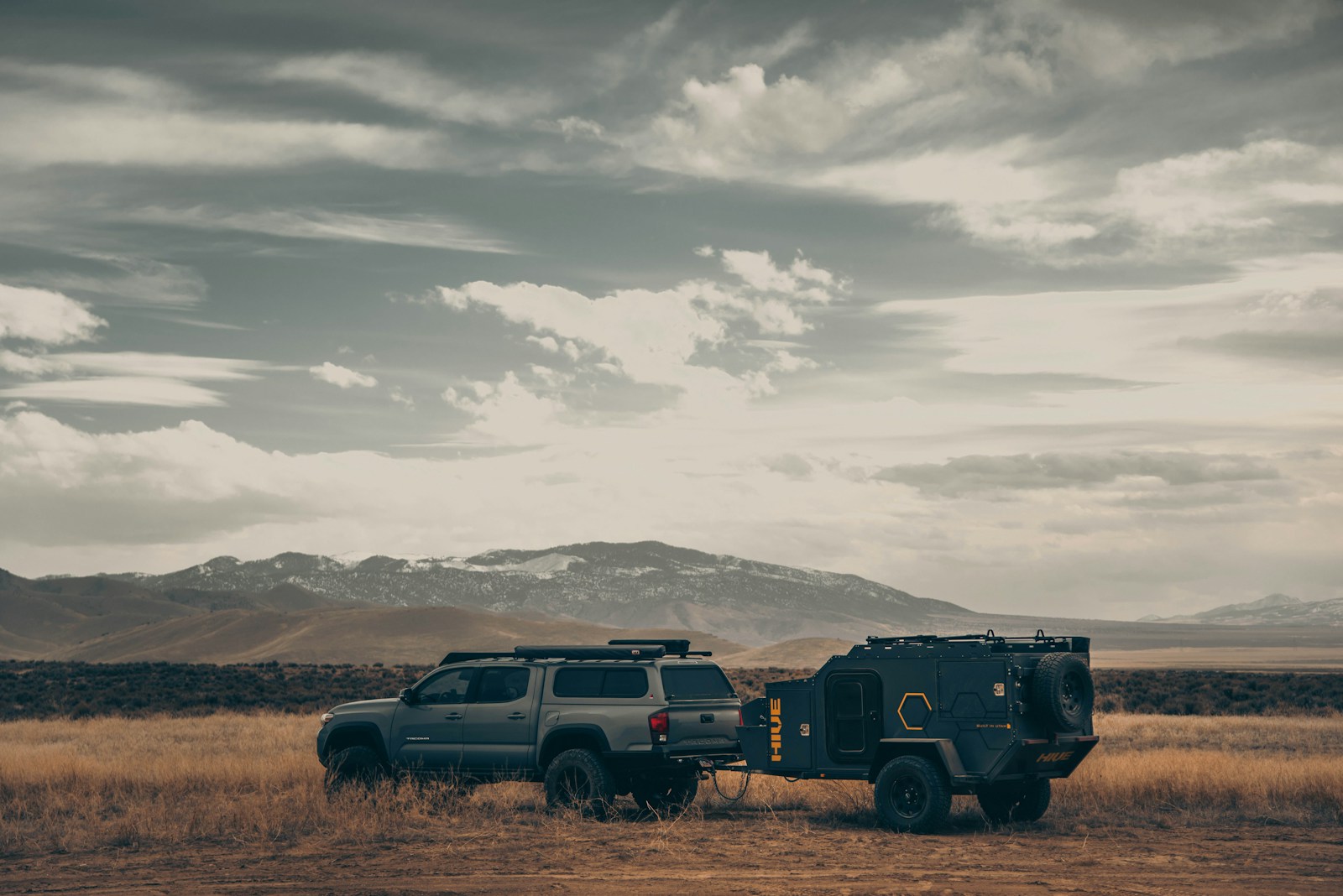Supporting the Heroes Behind Every Hurricane in Florida
From June through November, Florida residents brace for hurricane season — a period of vigilance across the tropics and beyond. During these months, the entire state watches forecasts from the National Hurricane Center, tracking the development of tropical cyclones, tropical storms, and major hurricanes forming over the Atlantic, Gulf, and even near the northern Leeward Islands. Each system is closely monitored for changes in direction and intensity, with updates issued daily and often refined by Thursday or into the weekend as new data becomes available.
While many focus on projected paths and light shifts in storm movement, there’s a critical human element at the heart of every response: the first responders, emergency managers, and community leaders who work tirelessly to protect lives and property.
When hurricane-force winds threaten South Florida, the Panhandle, or even reach north toward Washington County, these dedicated individuals run toward the danger. They are the calm in the storm—coordinating evacuations, performing rescues, and beginning the long road to recovery. Their efforts are monumental, but they don’t have to do it alone. Here’s how you can help—and how our team at Interstate Haulers ensures critical equipment reaches those on the front lines.
Understanding the Science: What the National Hurricane Center Tracks
To appreciate the scale of hurricane response, it helps to understand the storms themselves. A tropical cyclone is a rotating, organized system of clouds and thunderstorms that originates over tropical or subtropical waters. As it strengthens, it can become a tropical storm and eventually a hurricane.
The Saffir-Simpson Hurricane Wind Scale is a 1 to 5 rating based on a hurricane’s maximum sustained wind speed. This scale helps estimate potential property damage.
- Category 1: 74-95 mph winds
- Category 2: 96-110 mph winds
- Category 3: 111-129 mph winds (Major)
- Category 4: 130-156 mph winds (Major)
- Category 5: 157 mph or higher winds (Major)
However, wind is only one part of the threat. Storm surge, which is the abnormal rise of water generated by a storm, often causes the most devastation along coastal areas. Combined with coastal flooding and dangerous rip currents, these water-related hazards pose significant risks to communities in southeast and northwest Florida. Recent storms impacting areas from Miami to Tampa have reminded us all of the destructive power these weather events carry.
The Challenges Facing First Responders During Hurricane Season, Even Without Extensive Damage
During a hurricane, the responsibilities of first responders are immense. They perform life-saving water rescues, clear debris from essential roadways, and provide immediate medical care. Yet, they face incredible logistical barriers. Blocked roads from fallen trees, downed power lines, heavy rain, and gusty winds can make it nearly impossible to reach those in need.
Even a tropical depression can trigger coastal flooding, powerful wind gusts, and isolated tornadoes, demanding a constant state of readiness from first responders and support crews. When a storm threatens areas like Northwest Florida, the combination of heavy rain and low central pressure can quickly intensify its impact, leading to widespread damage even before the system makes a direct strike. This heightened alert doesn’t end once the storm passes—it continues for days or even weeks as teams work tirelessly to manage the immediate aftermath, restore essential infrastructure, and sustain long-term recovery efforts. Their mission is a true marathon of endurance, coordination, and courage, supported by robust logistical networks that keep relief moving forward.
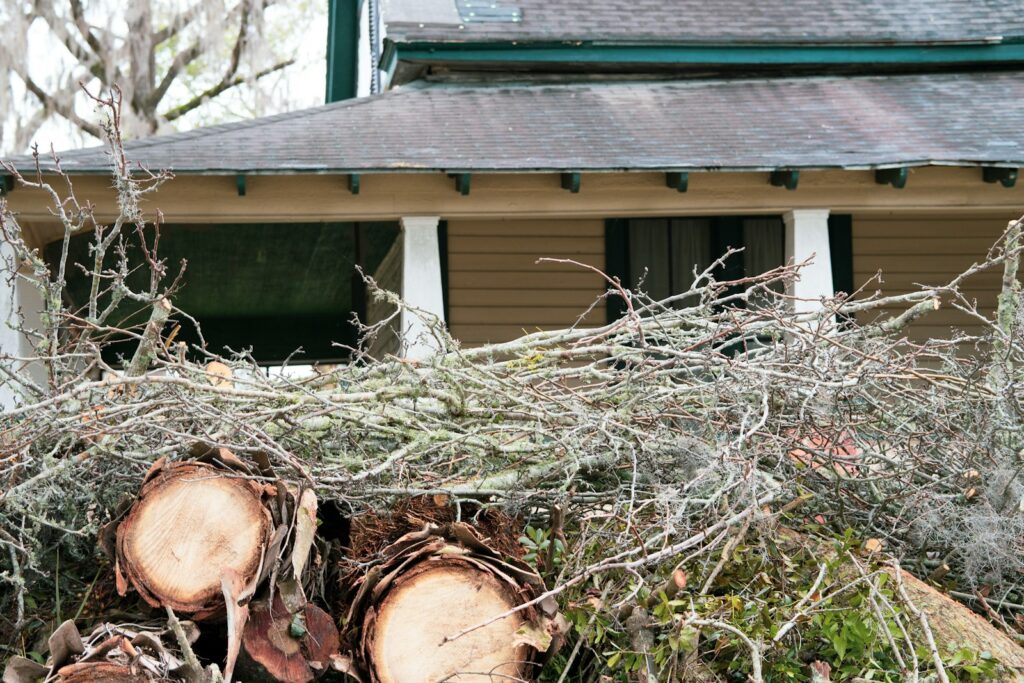
Photo by Donna Brown on Unsplash
How Interstate Haulers Supports Disaster Response and Relief
For nearly 30 years, Interstate Haulers has been a proud partner to FEMA, municipalities, and other government agencies in disaster response. We understand that when a storm hits, speed and reliability are not just goals—they are necessities. Our role is to ensure that critical assets get where they need to go, no matter the conditions.
We specialize in transporting essential equipment, including:
- FEMA trailers and mobile command centers serve as operational hubs for emergency teams.
- Industrial trailers, generator trailers, and utility units to restore power and essential services.
- Temporary housing options and equipment deliveries for displaced residents and recovery crews.
As an FMCSA-certified transport network, we provide a safe, compliant, and efficient solution for moving heavy and oversized loads. Our experienced drivers are skilled in navigating challenging post-storm environments to ensure supplies and equipment arrive without delay.
Need assistance moving emergency trailers or power units? Request a quote.
How Businesses and Residents Can Help First Responders
- Donate to Verified Organizations: Contribute to established relief funds like the Florida Disaster Fund or the American Red Cross of South Florida. These groups provide direct aid to affected communities.
- Offer Local Logistical Support: Businesses can provide secure storage yards for equipment, offer fuel for emergency vehicles, or make temporary housing available for relief workers.
- Share Official Information: Amplify updates and preparedness fact sheets from the National Hurricane Center and local emergency management offices. Spreading accurate information helps everyone stay safe.
- Prepare Your Own Property: Take proactive steps like trimming trees, securing outdoor items, and knowing your evacuation routes. When the community is well-prepared, it reduces the strain on emergency services.
Preparation and Safety Tips for Florida’s Hurricane Season
Being prepared is the best way to protect your family and property. As we navigate the season from June through November, keep these simple tips in mind.
- Monitor Official Forecasts: Stay updated on tropical storm development through the National Hurricane Center and local news outlets.
- Know Your Risk Zones: Understand if you live in an area prone to storm surge or flooding, especially along the peninsula and Panhandle.
- Protect Your Documents: Secure important papers, such as insurance policies and identification, in a waterproof container. Have backup power sources for your devices.
- Understand the Saffir-Simpson Scale: Know how wind speeds and storm categories relate to potential damage.
- Stay Safe from Water: Never drive through floodwaters and avoid coastlines where dangerous rip currents can occur.

Photo by Todd Trapani on Unsplash
Why Family-Owned Reliability Matters in Times of Crisis
Since 1997, Interstate Haulers has operated as a family-owned business built on integrity, transparency, and a commitment to service. In times of crisis, that foundation of trust makes all the difference. Our drivers and dispatch team coordinate closely with emergency managers on the ground, creating a seamless logistics chain that enables a fast, efficient response.
Our mission has always been about more than just moving freight. We are dedicated to delivering hope and stability when it matters most, ensuring that first responders have the tools they need to rebuild and restore communities.
Standing Strong for Florida’s Recovery
The resilience of Florida’s communities continues to inspire us — from southeast Florida to the northern coastline, every region shows what strength truly looks like. Each year, during the peak of hurricane season in August, September, and October, powerful tropical storm-force winds and strong winds sweep across the Caribbean Sea, Gulf of Mexico, and eastern Pacific, reminding us just how intense and unpredictable nature can be.
Storms like Jerry and Wilma once struck with remarkable intensity, their central pressure dropping rapidly in just a few hours. Over the course of several days, residents and first responders worked tirelessly to manage flooding, downed power lines, and recovery efforts across FL and neighboring states.
At Interstate Haulers, we’re proud to play a vital role in keeping emergency logistics moving — ensuring vital trailers, power units, and housing reach the point of need quickly and safely. As communities prepare for what’s expected in the next few days or as storms make landfall onshore, we stand ready to lead with dependability and care.
By working together — responders, neighbors, and partners — we can reduce the toll of each classified storm, prevent unnecessary deaths, and continue to rebuild stronger, one delivery at a time.
Get Prepared—Partner with Interstate Haulers. Reliable transport. Nationwide service. Family-owned trust.

